Project management always been tasked with balancing structure, governance, and efficiency. But as businesses face accelerated change, global competition, and disruptive technologies, the PMO must evolve to remain relevant. To stay effective, modern PMOs are embracing emerging trends and innovations that not only reshape how projects are delivered but also redefine the PMO’s role as a strategic enabler of organizational success.
The future is being shaped by advances in artificial intelligence, adaptive methodologies, and human-centered change management. Together, these forces are transforming the PMO into a more agile, data-driven, and people-focused function.
The Integration of AI and Machine Learning
Artificial Intelligence (AI) and Machine Learning (ML) are no longer concepts for tomorrow — they are already reshaping project management today. For PMOs, the benefits extend far beyond automating repetitive tasks such as scheduling, data entry, and reporting. By offloading these administrative responsibilities, AI frees project leaders to focus on high-value, strategic decision-making.
The real power of AI lies in predictive analytics. By analyzing historical and real-time project data, AI can:
- Forecast project outcomes with greater accuracy.
- Detect risks before they escalate into problems.
- Recommend optimal allocation of resources across portfolios.
This predictive capability allows the PMO to move from reactive problem-solving to proactive planning. Instead of responding to missed deadlines or overspent budgets, PMOs can identify potential issues early and take corrective action before they impact delivery. In this way, AI and ML provide the backbone for a truly intelligent, enterprise-level PMO — one that is agile, data-driven, and strategically aligned.
The Rise of xPM and Adaptive Processes
The long-standing divide between Agile and Waterfall methodologies is fading. In its place is the rise of xPM — where “x” represents a flexible, blended approach to managing diverse work types.
The PMO of the future will not be bound to a single methodology. Instead, it will serve as an adaptive framework capable of managing agile sprints, traditional waterfall projects, and operational initiatives under a unified governance model. This shift acknowledges a critical truth: no two projects are alike, and each requires a tailored approach.
An Agile PMO embraces adaptability, scalability, and customer value. It promotes continuous improvement and empowers teams to respond to shifting priorities. By championing flexibility, the PMO ensures that organizations can manage uncertainty and deliver consistent results across varied project landscapes.
This evolution represents a fundamental change in philosophy — away from rigid control and toward adaptable leadership. The PMO becomes less about enforcing compliance and more about enabling success through processes that scale with the needs of the business.
Embracing Change Management
While technology and methodologies dominate much of the PMO conversation, the future of project success depends heavily on the human side of change. Implementing AI, shifting to blended methodologies, or restructuring portfolios inevitably requires people to adapt — and human resistance can derail even the best-planned initiatives.
To succeed, the PMO must become a leader in organizational change management. This involves:
- Clearly defining objectives and expected benefits.
- Creating a structured roadmap with achievable quick wins.
- Actively engaging stakeholders throughout the transition.
- Providing ongoing communication, training, and support.
One of the most significant challenges is managing the “predictably unpredictable” ways people react to change. The rapid adoption of AI and other emerging technologies often causes strain on individuals and teams. A forward-looking PMO must recognize this risk and mitigate it by fostering a culture of experimentation, supporting continuous training, and ensuring that employees feel equipped and motivated to embrace change.
In short, the PMO must not only manage projects but also steward the organization through transformation, ensuring that people and processes evolve together.
The Future Role of the PMO
As these trends converge, the PMO’s role will expand beyond governance and oversight. It will become a strategic change leader — a function that drives innovation, ensures alignment with business objectives, and enables organizations to thrive in uncertain environments.
Key elements of the future PMO include:
- Technology-driven decision-making powered by AI and predictive analytics.
- Adaptive methodologies that integrate multiple project management approaches.
- Human-centric leadership that prioritizes communication, engagement, and cultural change.
Organizations that embrace these emerging trends will empower their PMOs to deliver measurable business value, not just completed projects.
About CMC Project Solutions
The future of project management demands more than adaptability — it requires expertise in aligning people, processes, and technology. At CMC Project Solutions, we help organizations embrace innovation and prepare for the next generation of PMO leadership.
As a multidisciplinary engineering and construction consulting firm, we specialize in project management, staffing augmentation, and PMO support. Certified as both a WBE and DBE, we partner with public and private organizations nationwide to implement forward-thinking strategies that drive success.


